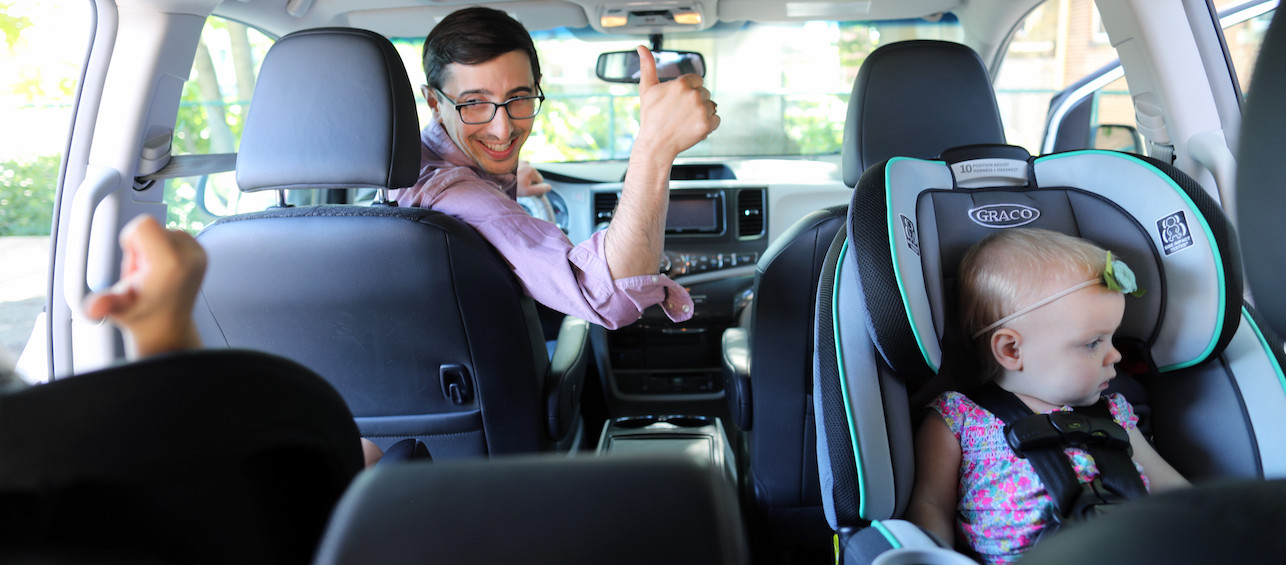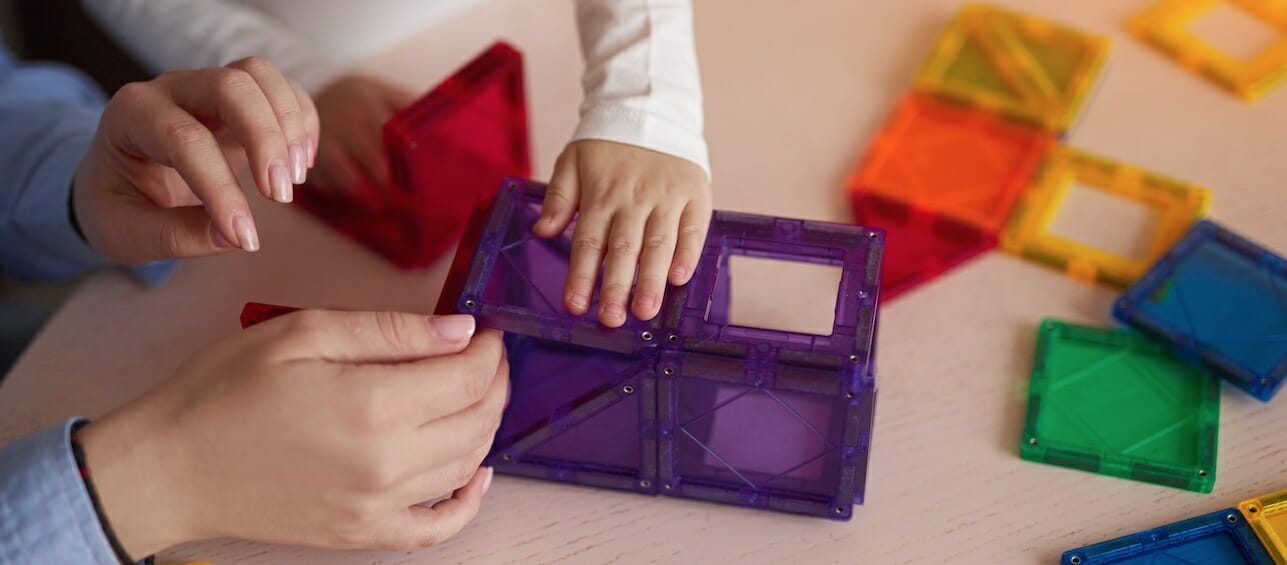Those tiny magnets that hold reminders to your fridge can cause big harm to a child who swallows them, says Wendy Pomerantz, MD, an emergency physician with Cincinnati Children’s. The magnets can stick to each other across the bowel wall and cause an obstruction or perforation that requires emergency surgery.
Likewise the small toy magnets called “buckyballs” and many other toys that use small magnets should be kept far from little ones who like to put things in their mouths.
And many parents aren’t aware that the small button batteries that play music when you open a holiday card can cause serious harm to a child if swallowed. So can the batteries that power grandpa’s hearing aid. Or your wristwatch. Or your TV’s remote control.
The injuries occur when kids swallow the batteries – many are no bigger than a fingernail, some are as large as a coin. Much of the time, they pass through the body without problems. But when they don’t, you need to take prompt action.
“If the battery gets stuck in the esophagus or stomach, it can take as little as two hours before it starts to erode and cause damage,” says Pomerantz.
More than 3,300 ingestions were reported in 2013 according to statistics compiled by the National Capital Poison Center, including 13 resulting in severe damage and four fatal cases.
If you think your child has swallowed a battery or multiple magnets, don’t take chances. Get to the emergency room right away.
Un-button your home:
-
- Don’t leave musical greeting cards or storybooks around for little ones to tear open or chew on.
- Throw away any toys that are powered by button batteries unless they have covers that screw in place to keep the battery secure.
- Hunt through cabinets and drawers and move any button-battery items out of the reach of little hands.
- Remind grandparents and older family members not to leave hearing aids lying around.
This article was originally published in Young and Healthy, our quarterly publication for families. See what else is in our Winter 2013 edition.






I am a grandmother and was not aware about the dangers of tiny magnets or button batteries. Thank you for bringing this to my attention.
I will be sure and pass this information to anyone I know that has small children.
Merry Christmas